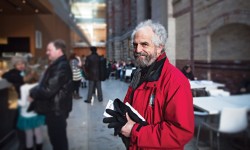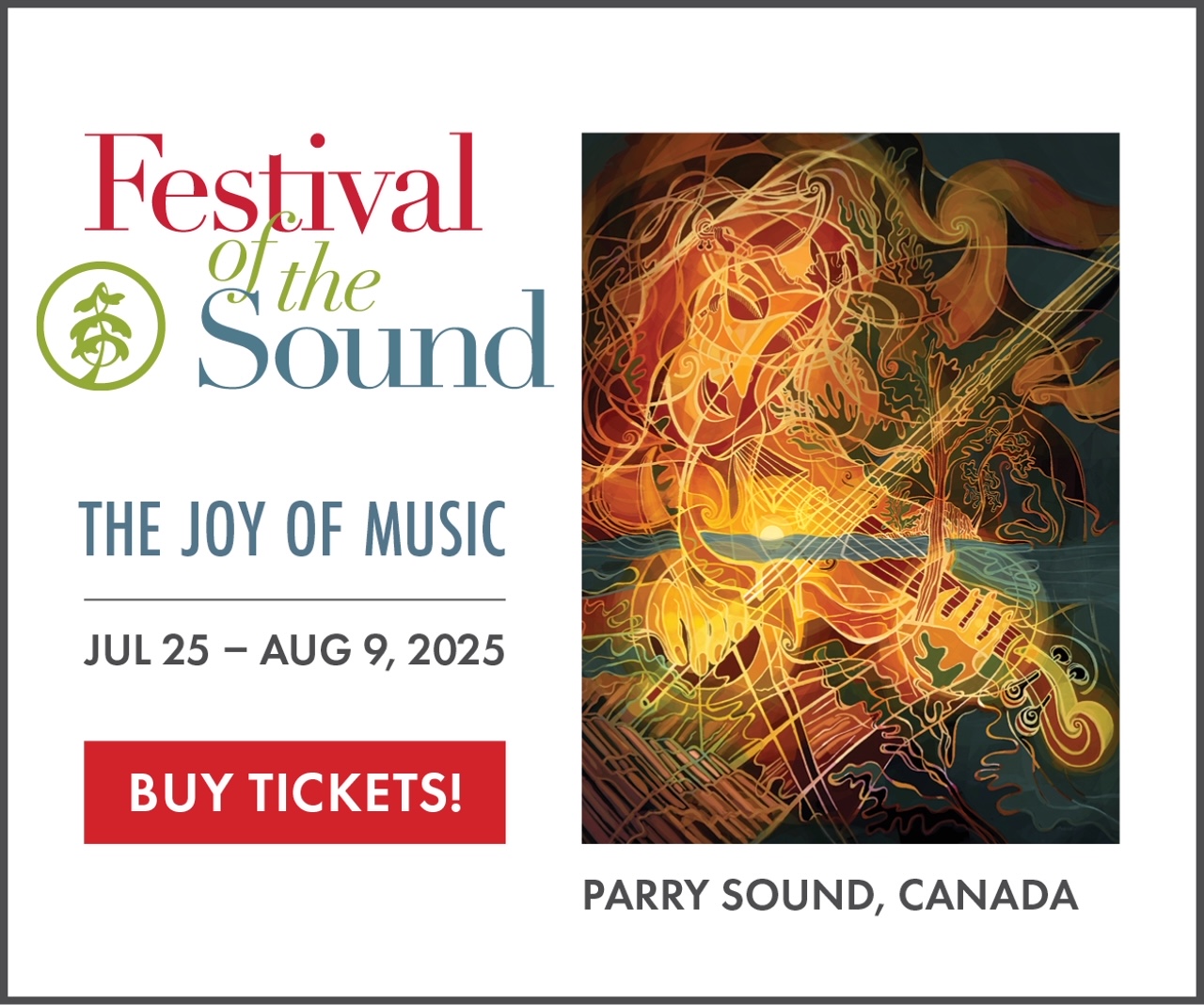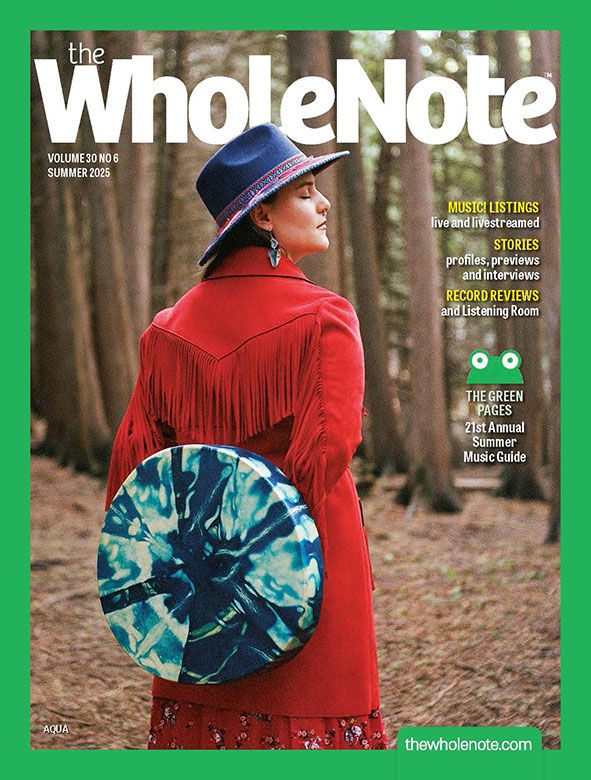Of This and That
EACH MONTH this season I have made a habit of dipping back in our archives to look at the the magazine we published in the equivalent month of our very first year. It’s interesting to see what changes and what doesn’t.
This month, for example I looked back at Volume 1, no.8 –
May 1996. It was a whopping 16 pages, boasting 177 concert listings – “more than ever before.” Skimming those listings now, it’s the names of performers that I notice, more than the repertoire. Some names leap out now precisely because they didn’t before. They were just starting out then. Now, sixteen short years later, they are part of our pantheon of stars, far more often heard elsewhere than in the home town. Some catch the eye for the opposite reason – “gee I wonder what ever happened to A or B.” Some I notice because what they are doing now is such a departure from what they were doing back then. And yet others because here they are, sixteen years later, recognizably still on the same shining path.
Take the following listing, for example: Tuesday May 14 1996, the Associates of the Toronto Symphony Orchestra presented a program called BASStiality – four double bassists, Tim Dawson, John Gowen, David Longenecker and Edward Tait, with Michelle Meyer soprano as their guest, in a program of music by Khatchaturian, Debussy, Mayers, Chuck Berry and Jimi Hendrix. One could weave a whole web from that one point of departure! One name, at least, is part of the fabric of this May’s issue – namely Tim Dawson, interviewed by Simone Desilets for Early Music this month because of his extraordinary work, musical and humanitarian, with The Bach Consort – work, I might add, that goes back to 1992. It’s a very interesting story.
The path from back then to here and now is not, I should add, an uninterrupted steady march toward the bigger and the better. An example: in May 1996 there was already a fine mid-sized room in town (1,200 seats) with impeccable acoustics that presented, in that one month alone, recitals by such visiting luminaries as the Beaux Arts Trio, Gustav Leonhart, Thomas Hampson, Marilyn Horne (twice), Anner Bylsma, Garrick Ohlsson, the Catherine Wilson Trio, and the Juilliard String Quartet! It’s been an uphill struggle to return the George Weston Hall to even a semblance of those glory days. A series of similar calibre has at last emerged. But for that to happen, an entirely new venue, Koerner Hall, had to come into being, and an individual with a singular curatorial vision had to be given the resources to program it.
One aspect of the Toronto musical scene that has changed, beyond all recognition, is summer in the city. When we were starting out, classical music fans would flee the city entirely – like the sensible people in Britten’s Death in Venice – or else switch musical allegiances to jazz or world music for those three months of the year. (The extraordinary necklace of summer festivals around Southern Ontario bears witness to this annual migration.)
The Silver Creek Music Foundation which gave the kick start to Toronto Summer Music played a key role in the change, as did Luminato. (And a half dozen or so other players, large and little.) But those are stories for next month. Meanwhile there’s a month of the “regular” season to go (more concerts than ever!) chock-a-block with opportunity to familiarize yourself with today’s players, so that their names will leap off the page sometime down the road when you dip back into this issue of the magazine in some future archive.
—David Perlman, publisher@thewholenote.com




